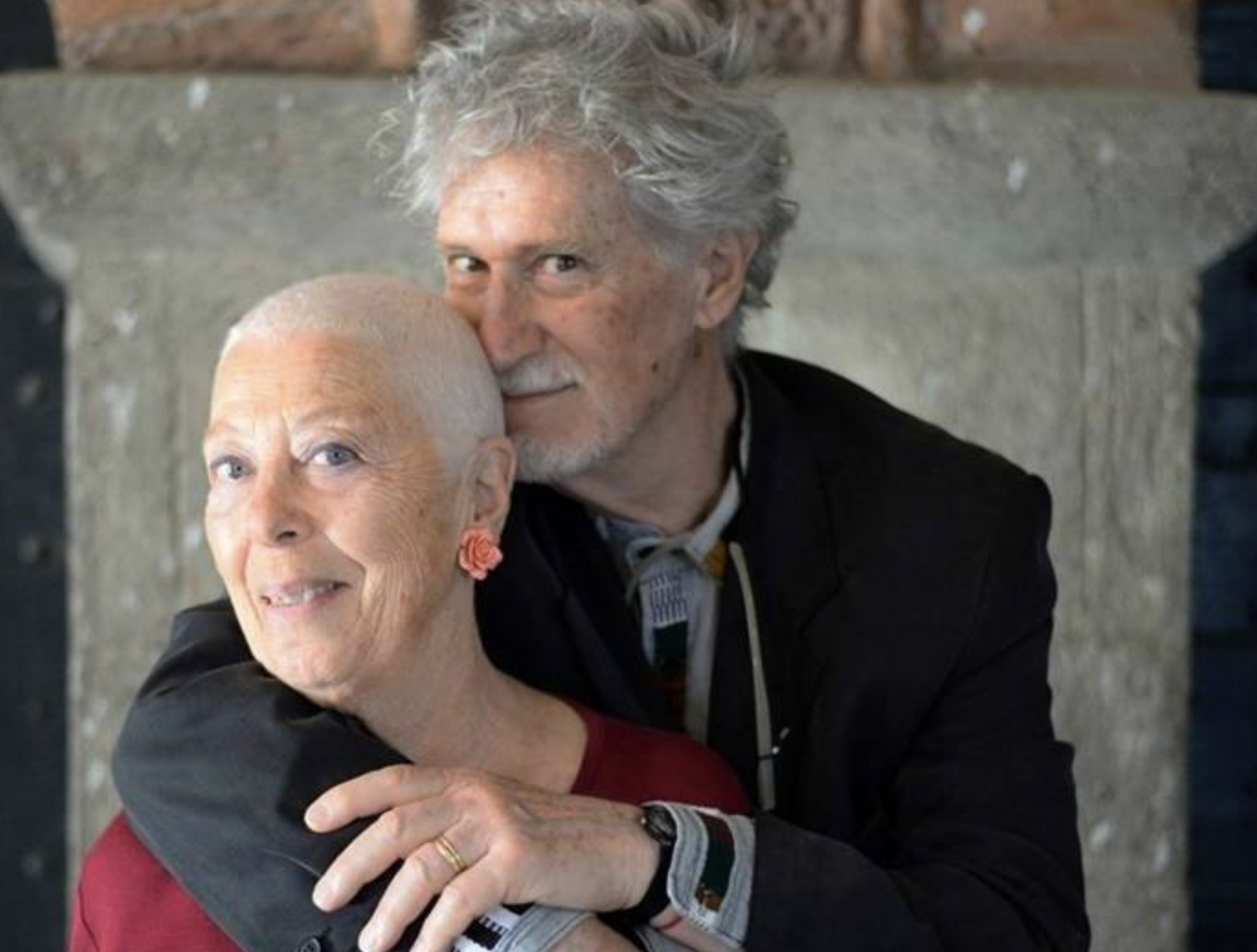CULTURE – The Piperno-Faccini collection at the Bologna Film Archive

The film producer Marina Piperno, 89, and Luigi Morando Faccini, 84, are partners both in cinema and in life. They have no children. “Our legacy is our movies, they are our past, our present, and our future,” says Marina, a leading figure among Italian female film producers. Together with her husband, also a film director, Marina is busy packing boxes and crates filled with film materials. Inside are over 200 films and documentaries produced both individually and jointly, many books, interviews, and a vast documentation on their artistic and sentimental partnership.
This valuable archive will soon leave Rome for Bologna, where it will become part of the prestigious local film archive one of the most important in Europe. The Piperno–Faccini collection represents not only their personal contributions but also a piece of 20th-century history, including Jewish history.
Piperno, who as a child survived the Nazi-Fascist persecutions, began her career in 1961 with the short film 16 ottobre 1943 (October 16, 1943), based on the book by Giacomo Debenedetti, a vivid account of the Nazi-fascist roundup on that date, which led to the deportation of over a thousand Roman Jews to Auschwitz. This work broke the silence surrounding the raid on the Roman ghetto and marked the beginning of a career that would bring fulfillment to both Piperno and Faccini. In 2011, Piperno’s work was celebrated with a Silver Ribbon award at the Venice Film Festival.
From stories of guerrillas in Venezuela and Guinea to explorations of the Jewish diaspora, from westerns to commercials, the couple’s cinematic journey has been diverse and adventurous. “We’re free spirits,” says Faccini, who is also the author of the recently republished book Rudolf Jacobs, l’uomo che nacque morendo (Rudolf Jacobs, the Man Who Was Born Dying), which tells the story of a Nazi navy officer who joined the Resistance.
On November 22, Piperno received a new award in Genoa, named after the pioneering film producer Stefano Pittaluga (1887 – 1932). Among Piperno’s notable works are Le valigie della storia (The suitcases of history) based on her personal life and memoirs and Diaspora: ogni fine è un inizio (Diaspora: every end is a beginning), an inspiring journey she and Faccini undertook between Italy, the USA and Israel. “It dates back to 2014, but I think it hasn’t lost its relevance,” explained Piperno. In that film, she interviewed relatives residing in the city and in the kibbutz, drawing attention to the many ways people can be and feel Israeli.
One of the productions leaving for Bologna there is Terra Promessa (Promised Land, 2020), by Daniele Tommaso. The film recounts how La Spezia, Liguria, became a departure point for Holocaust survivors embarking on journeys of hope to the shores of Palestine, heading toward the emerging State of Israel.
a.s.
Translated by Chiara Tona, student at the Advanced School for Interpreters and Translators of the University of Trieste, trainee in the newsroom of the Union of the Italian Jewish Communities – Pagine Ebraiche.
